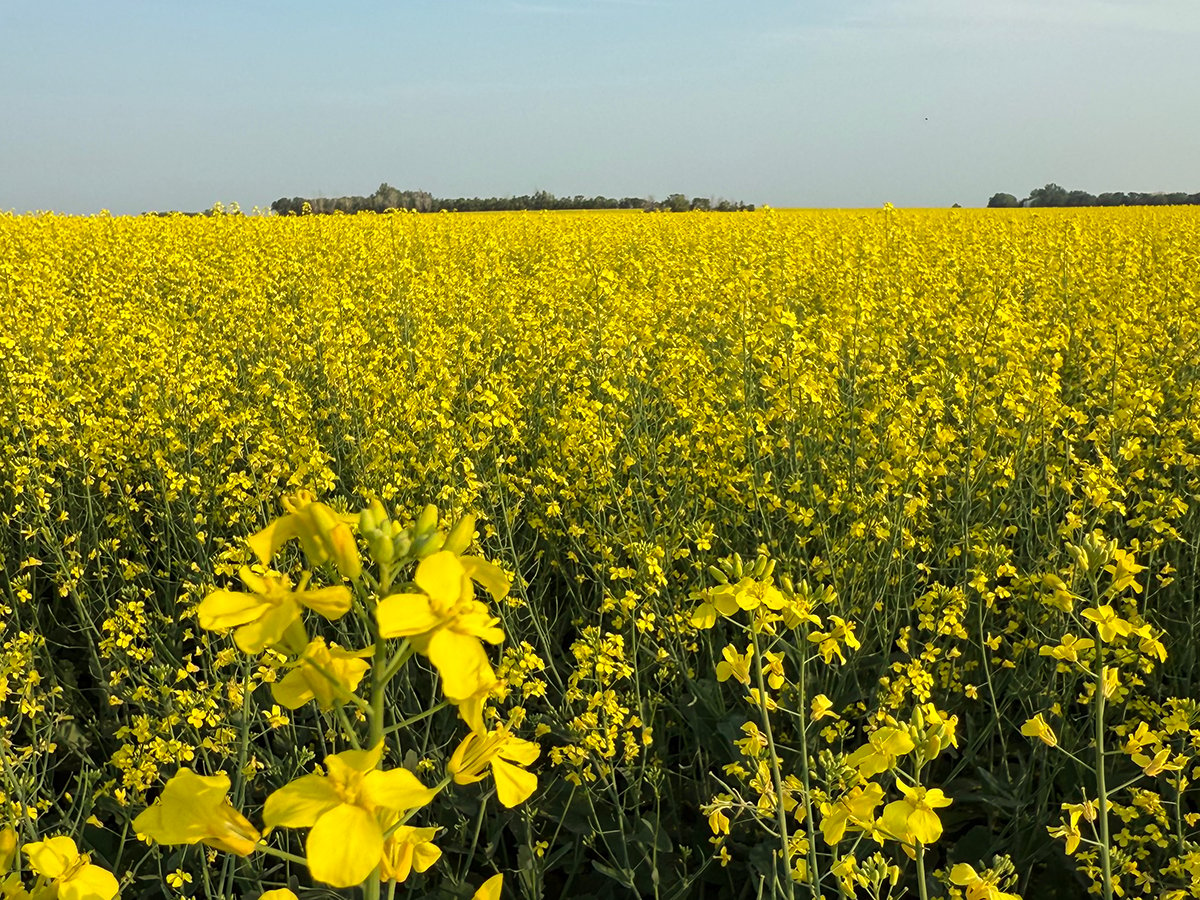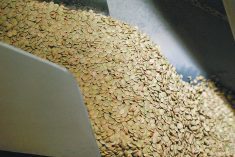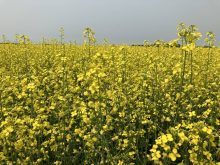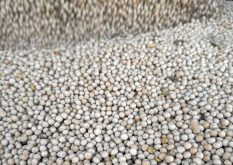Environment new cost factor
Lester Brown is at it again.
The president of the World Watch Institute, the environmental guard dog, recently warned that China’s mismanagement of its rivers and lakes will soon lead to water scarcity.
The Asian giant will have to restructure its economy and start putting a value on water if it wants to avoid a crisis, he says.
He is probably right. China’s push to modernize its economy will not be sustainable if it plunders its water resources.
Read Also

Canola support gets mixed response
A series of canola industry support measures announced by the federal government are being met with mixed reviews.
But whether it’s what Brown says or the way it is reported, there always seems to be an air of impending crisis around his words.
A few years back, against the background of booming Asian economic growth, he warned that growing food demand and environmental degradation of agricultural lands would cause dangerous food shortages. The warning came as the United States experienced a corn shortage and rising prices.
Agribusiness giants urged governments to free farmers from regulation, quotas and red tape to allow them to open the production floodgates and save the world from famine.
Fears of food shortage helped farmers in the European Union convince their governments to reduce the EU set-aside program to five percent last year from 12 percent the year before.
ÊAnd that helped push EU government-owned grain stocks to an estimated 14.5 million tonnes at the end of the 1997-98 marketing year. The big stockpiles led to pressure for export subsidies, which are now a hot issue.
ÊIn a couple of years we’ve gone from a perception of shortage to one of surplus. Grain prices are plummeting after world stocks rose to a record high last year.
This year, despite a retreat from cereals in North America, the United Nations Food and Agriculture Organization last week forecast world cereal production (wheat, coarse grains and rice) will increase to 1.911 billion tonnes, a new record.
The International Wheat Council in London forecast world wheat production at 593 million tonnes, the second highest after last year’s 610 million.
Although there are pockets of hunger, these are usually the result of war or stupid political actions.
Even with existing technology, the world’s farmers produce enough to eat. Instead of exhorting them to produce more, we should help them to produce in economically and environmentally sustainable ways.














